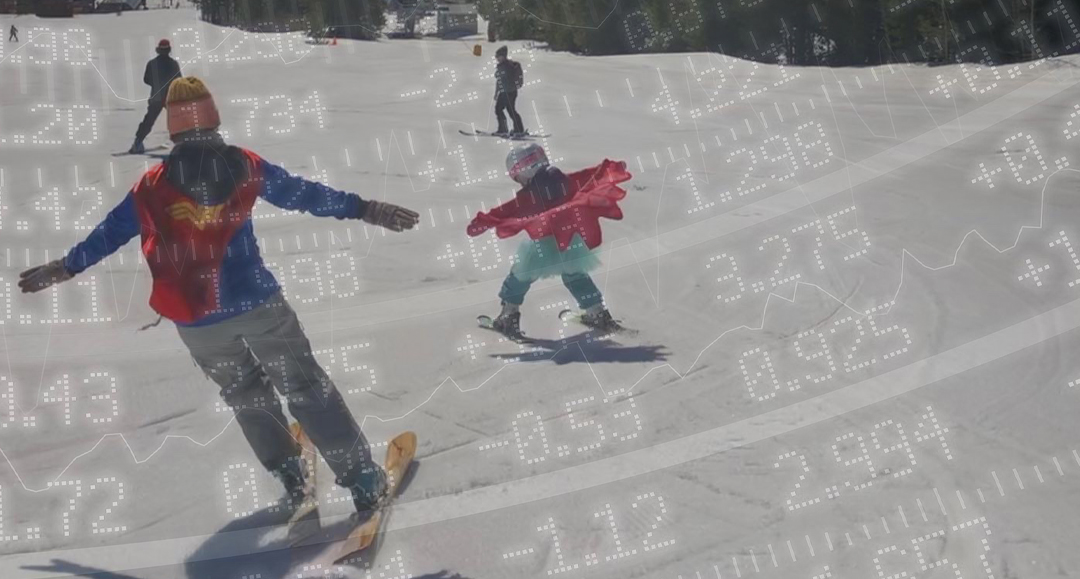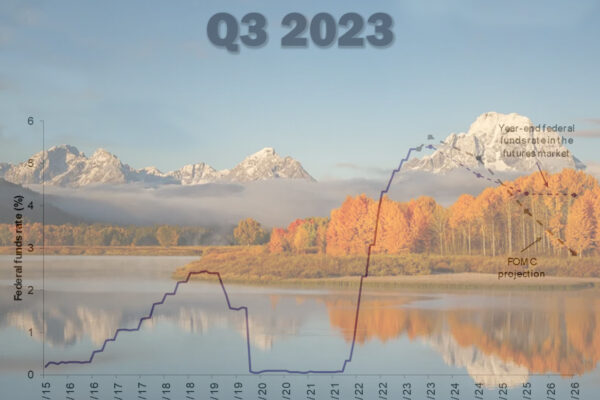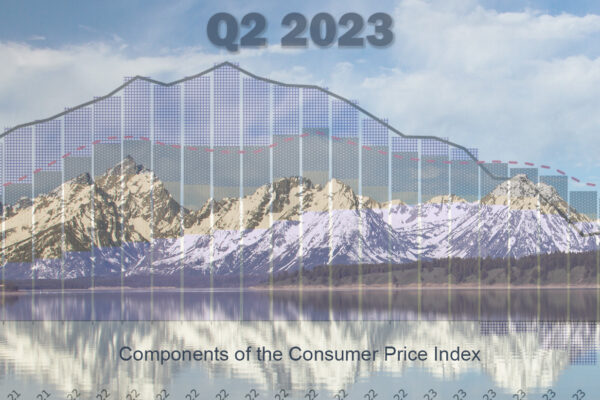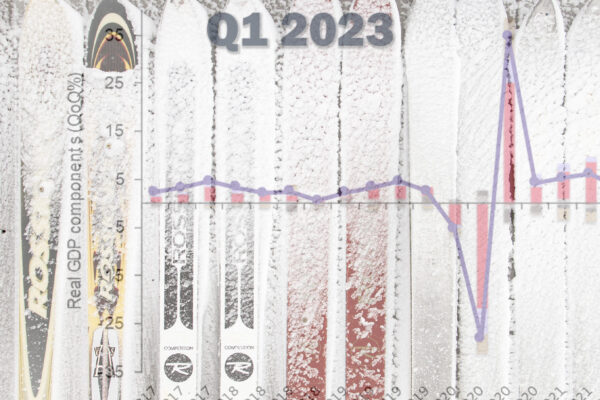
Q1 2020 Market Insights
Here in Jackson business is far from the usual. This time of year the town is typically a buzz with spring break vacationers. Instead with a county-wide shelter-in-place order, it feels like an extended off-season. For the first time in our county’s history ski resorts and schools have been shut down and “closed” signs hang on the doors of many local businesses. But despite social distancing, our community remains strong at the core and in some ways feels more connected than ever.
With regards to the financial markets, it’s hard to comprehend all that we experienced in the first quarter of 2020. Fueled by an 11-year bull market run, the Dow set record highs five times in January and then again in February before topping out at 29,551.42 on February 12th. Shortly thereafter, a once-foreign coronavirus sent markets spiraling in the opposite direction as the global pandemic gained traction. By February 28th, the S&P fell more than 10% through six sessions, representing one of the most rapid market corrections in history. As more cases began to appear in the U.S., investors sought shelter in U.S. Treasuries, sending bond yields to record lows. Further complicating matters, Saudi Arabia initiated an oil price war with Russia on March 8th causing crude prices to fall by 34%.
The course of the next three weeks would be marked by extreme volatility in both directions. On March 12th, the S&P experienced its largest daily decline since Black Monday of 1987 falling 9.5%. The following day, as President Trump declared a national emergency, the S&P gained back the majority of its losses surging over 9%. This volatility “tripped” stock market circuit breakers multiple times in one week and also caused the VIX, known as Wall Street’s fear gauge, to surpass levels last seen in 2008. More impressive however than market swings was the speed at which the Federal Reserve and the U.S. Government responded to the economic crisis. In a matter of weeks the Fed moved faster than it did during the entire 2008 financial crisis dropping interest rates, purchasing large quantities of government debt and even lending to American businesses. Congressional lawmakers followed with a historic $2+ trillion stimulus package that provided direct payments to taxpayers, jobless benefits and over $500 billion to distressed businesses. All told, equities experienced their worst quarter since 2008 as the S&P fell 34% from market highs and then bounced back to finish the quarter down 20%.
Given the economic disruption created by the Coronavirus, it is likely we will experience a short but deep global contraction as we begin the second quarter. The total effect on global output depends largely on the length of time the pandemic stalls international commerce, but current year-end forecasts point to a global GDP reduction from 2.3% to approximately 1.2%. Domestic forecasts also point to a deep, but likely short, U.S. recession as the nationwide stay-at-home order keeps businesses across the country closed, as well as our national parks here in Jackson. Markets have also repriced expectations for a more elongated “U” shaped recovery that is likely to last into 2021. On a positive note however, the characteristics of this recession are different from a typical recession in that consumers and businesses aren’t necessarily unwilling to spend, they are unable to spend. This coupled with the large amounts of monetary and fiscal policy could lead to a sizable pent-up demand that would bolster recovery as consumers reenter the marketplace.
The uncertainty around the length of time that the stay-at-home directive remains in place will also likely continue to feed market volatility. It is quite possible as new economic data is released in the coming weeks the market will retest recent lows. As history has shown, the bottoming of equity markets is a process, not a price.
We believe patience and a proactive approach to managing risk are essential tools for investors as the markets search for stability. As we advised in our 2019 year-end commentary, we support properly constructed, diversified portfolios based on your goals, risk tolerance and timeline. With markets the most volatile they’ve been since 2008, we encourage you to schedule a call or video conference with us to ensure your portfolio is properly aligned with your timeline and goals.
It’s safe to say the impact of the Coronavirus has been felt by us all. The pandemic has created both a public health and economic crisis. But, our country, just like our small town of Jackson, is resilient and innovative when faced with a challenge. Nationwide our schools and businesses are finding new ways to keep learning and commerce moving forward from our homes, automakers are retooling factories to produce medical equipment; pharmaceutical companies are working day and night to find a cure. And, despite the Coronavirus throwing a stick through our economy’s spokes, our markets have and continue to work. Our economy was also at it’s best as we entered this crisis, and while this pandemic won’t be easily conquered, neither will our country’s spirit and tenacity.
Sincerely,
The Wind River Capital Management Team



